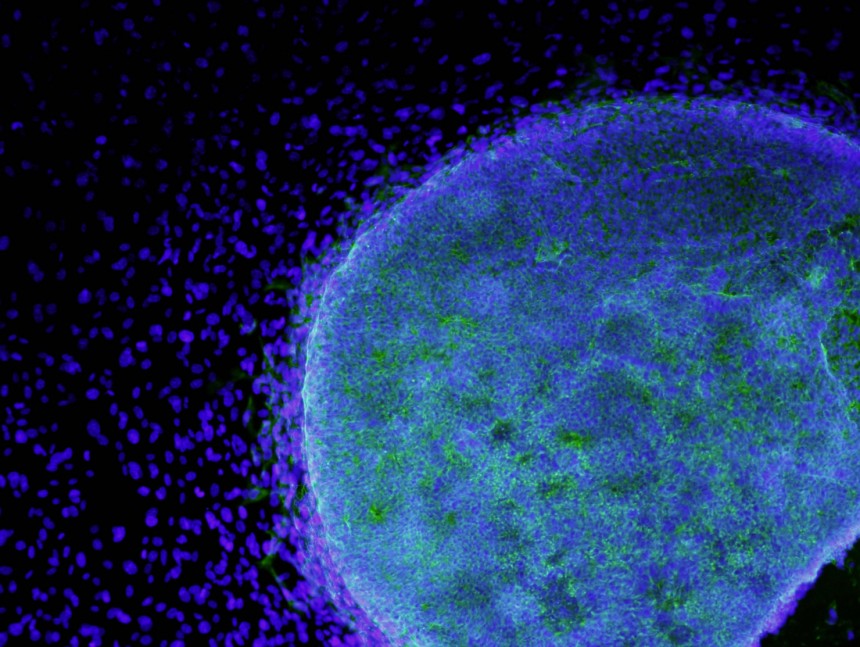
Renowned stem cell researcher Martin Pera, PhD, director of the Eli and Edythe Broad Center for Regenerative Medicine and Stem Cell Research at USC, responds to a recent court ruling blocking federal financing for embryonic stem cell research:
“This ruling will disrupt or halt important stem cell research programs, and it represents a major setback to the hopes of hundreds of thousands of patients who stand to benefit from the outcomes of this work. Therapies based on embryonic stem cells will enter the clinic over the next few years, and it is critical that the NIH support the basic and translational research that is essential to move the field forward. The decision will not only impact ongoing studies, but will also send a very negative message to scientists, particularly young researchers, who have dedicated their careers to pursuing this promising new area of science. We can only hope that the decision will be reversed promptly.
Stem cell researchers are in a protected position in California, and we can thank Proposition 71 for that. However, this does not mean that the decision is without very serious implications for workers here as well. If the decision is not reversed, we will have to isolate embryonic stem cell research from any infrastructure, equipment, consumables, or personnel funded by the NIH or other federal agencies in our laboratories. We will be unable to apply for federal funding for human ES cell research, which is limiting because CIRM is strongly focused on translational research, and it was anticipated that NIH would play an important role in CIRM funded basic research. NIH is the engine that drives biomedical science in this country, and their support is critical for the career development of young scientists in California and throughout the country. For the NIH not to engage in an emerging technology with the potential impact of ES cells is unthinkable.”
